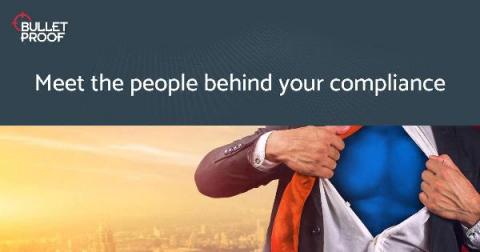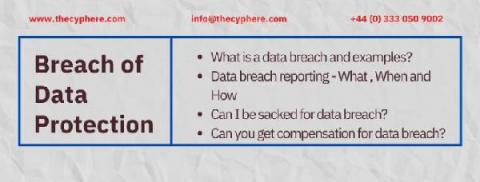Detecting the Sudo Baron Samedit Vulnerability and Attack
On January 26th, 2021, Qualys reported that many versions of SUDO (1.8.2 to 1.8.31p2 and 1.9.0 to 1.9.5p1) are vulnerable (CVE-2021-3156) to a buffer overflow attack dubbed Baron Samedit that can result in privilege escalations. Qualys was able to use this vulnerability to gain root on at least Ubuntu 20.04 (Sudo 1.8.31), Debian 10 (Sudo 1.8.27), and Fedora 33 (Sudo 1.9.2), some of the most modern and widely used Linux operating systems.











